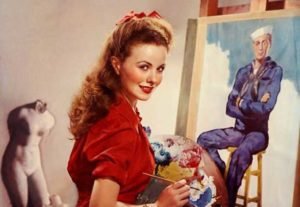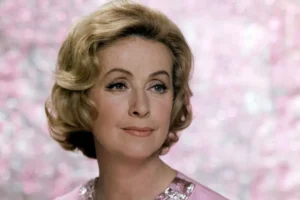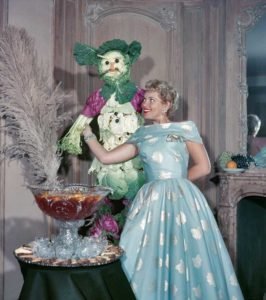Mazzaropi: Brazilian Cinema Legend – Circus to Stardom Story
Conheça a biografia de Amácio Mazzaropi, um dos maiores ícones do cinema brasileiro. Descubra sua carreira, filmes inesquecíveis, humor único e legado cultural.

Born in 1912, Amácio Mazzaropi began his artistic journey at the young age of 15. Initially inspired by popular theater actors Genésio and Sebastião de Arruda, Mazzaropi started by imitating Sebastião. However, he soon decided to forge his own unique style, developing the character of the innocent country bumpkin for which he would become famous. Despite his Italian surname, Mazzaropi embraced this distinctly Brazilian rural persona, achieving widespread success in theater before making the leap to the big screen.
His cinematic career took off when he was invited by Abilio Pereira de Almeida and Franco Zampari to join Vera Cruz Studios, where he starred in his first two films. Driven by an ambition for greater artistic control, Mazzaropi boldly sold his home to finance his own production company, PAM Filmes (Produções Amácio Mazzaropi). This venture led to his most iconic works, including “Jeca Tatu” (an adaptation of Monteiro Lobato’s renowned book) and many others. He even purchased a farm, transforming it into his dedicated film studio. Beyond acting, Mazzaropi was a prolific producer, screenwriter, and shrewd businessman.
His 1972 film, “O Corintiano” (The Corinthians Fan), shattered box office records for Brazilian cinema, solidifying his status as a national superstar. Such was his prominence that he was even received by then-Brazilian President Emílio Médici, where he advocated for the support of national cinema. Demonstrating his entrepreneurial spirit, Mazzaropi built a larger studio in Taubaté, complete with a scenography workshop and a hotel that accommodated actors and technicians. Today, this hotel is open to the public, offering a unique glimpse into the actor’s enduring legacy.
Mazzaropi was still working on a film titled “Maria Tomba Homem” (Maria Takes Down Men) when he was hospitalized, sadly passing away at 69 on June 13, 1981, due to bone marrow cancer. He left behind a son and an indelible mark on Brazilian culture.



